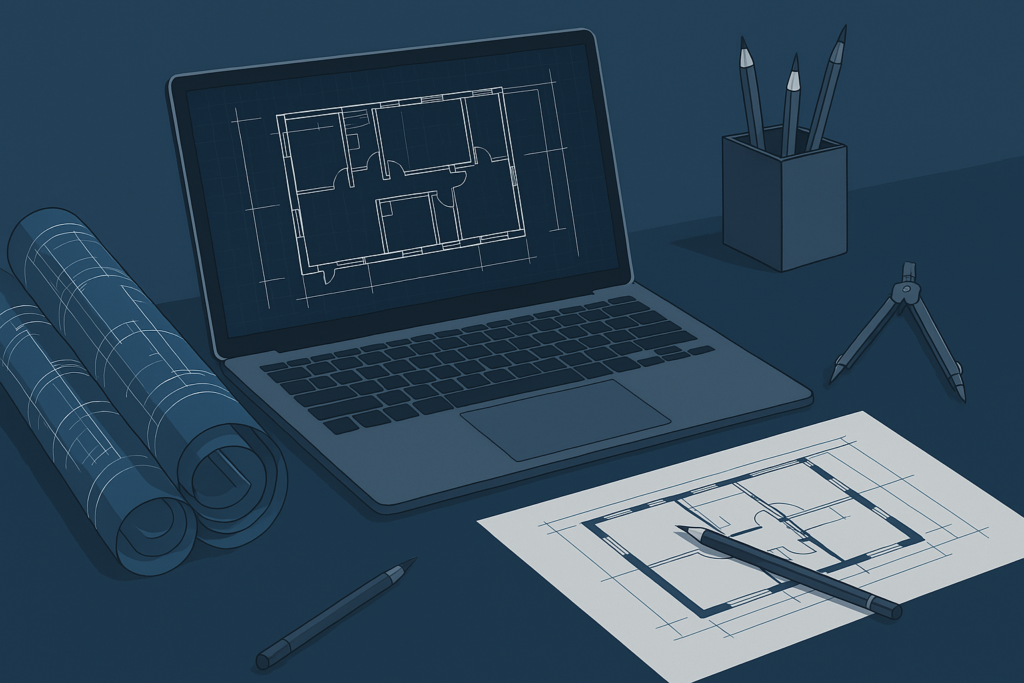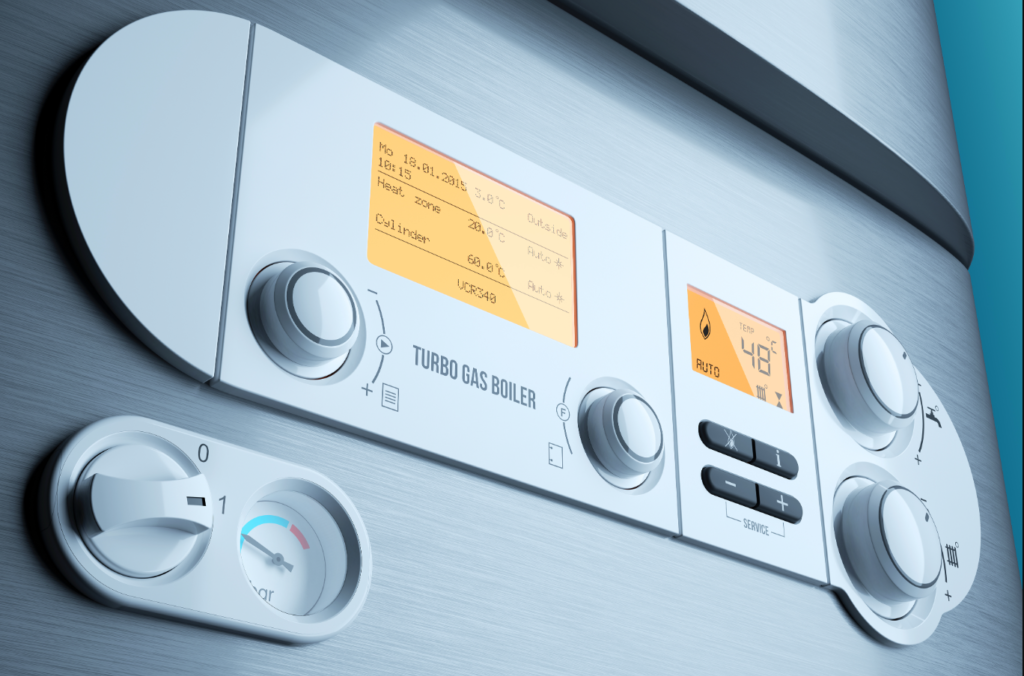The legal system in which child maintenance and similar proceedings are conducted in Dubai has changed over the last few years, with a combination of ancient personal status regulations and procedural reforms intended to harmonize results and enhance enforcement. Parties faced with applications of child maintenance, whether as a result of divorce, separation or lone parenting, are forced to participate in an ordered child support hearing process that evaluates need, parental ability, custody and the best interests of the child. This article explores the general procedure of child support claims in Dubai, the main legal principles within the personal status regime of the applicable regime, and practical measures and enforcement tools that shape the outcomes.
1.Legal grounds and who can apply
The UAE personal status laws are the main source of child maintenance claims in Dubai, and they define rights and duties regarding parental support, custody and guardianship. The law typically imposes primary maintenance on the father, although it also acknowledges that a mother or other guardian may have obligations or the court may redistribute the obligations in the best interest of the child. Custodial and non-custodial parents, and in certain cases guardians on behalf of a child, can apply to the family courts to claim maintenance; the family courts consider evidence of need, family situation and the financial capacity of the parent who must pay.
2.Assembling the claim and evidence requirements
The process of preparing a child support hearing starts with the drafting of a clear claim that states the amount to be sought, the reasons behind the claim and evidence to support the claim. Some of the common documents are identity and family certificates, evidence of custody or guardianship, financial evidence (salary slips, bank statements, business records), school and medical invoices, and evidence of any previous informal payments. The courts require evidence of a connection between the maintenance sought and the reasonable needs of the child, housing, education, healthcare and the cost of living, and the claimant must be prepared to defend every component of the amount sought.
3.Family guidance and preliminary procedures Role
Family law matters in the UAE are frequently subjected to preliminary steps designed to promote settlement and mediation and social evaluation before going to trial; many courts insist that cases must be referred to family guidance or mediation committees before trial. These initial processes are designed to reduce conflict, where feasible, to enable agreed maintenance arrangements, and to make sure that the welfare of the child is considered by impartial advisors. In case of failure of mediation, the case is taken to a formal hearing, and the court will consider disputed evidence and make an order.
4.The hearing: what is considered by the court
The court considers a variety of facts and legal issues in the child support hearing process: custodial arrangements and living expenses of the child, income and obligations of the paying parent, special needs of the child (medical or educational), and prior court orders or foreign judgments. The court implements the applicable personal status standards and puts the best interests of the child first; judicial discretion implies that the court may adjust the level of maintenance, provide lump-sum payments, or prescribe periodic payments depending on the situation. Parties should therefore be ready to present both financial schedules and documentary evidence to prove their claims.
5.Methods of calculation and judicial discretion
Dubai courts consider both objective evidence and judicial discretion in determining a reasonable level of support. Practice and regulatory developments have, in recent years, moved to more transparent guidelines and standardized factors to be taken into consideration, including parental income, the number of dependents and provable child expenses, but judges retain considerable discretion to vary the awards. This implies that the same factual matrices can yield different orders based on the quality of evidence and the judgment of proportionality and necessity by the judge. Parties must thus show a clear, itemized estimate of the maintenance sought.
6.Interim orders, custody interaction and modification requests
In cases of urgent need, the court can award interim maintenance until the final judgment, and maintenance orders are often intertwined with custody orders: a custodial parent can be ordered to pay maintenance to cover day-to-day expenses, whilst guardianship and long-term contributions are determined. When there is a change in the facts, like a significant change in the income of either of the parents, a new medical necessity of the child or a change of custody, the offended party may apply to the court to have the maintenance order modified or reviewed. Courts will weigh the stability of the child against the fairness of the parent who is being requested to pay.
7.Enforcement processes and realities
Another peculiar and even challenging step is maintenance order enforcement in Dubai. Courts may order execution, travel bans, record orders to be enforced and, in the case of chronic non-payments, institute criminal or civil enforcement proceedings where the law permits. The effective period of enforcement can be different: enforcement procedures can last months, and in more complicated cases or in cases where the paying parent is beyond the jurisdiction, it may be much longer. New case law and administrative guidance have attempted to enhance the recognition and enforcement of foreign judgments, although in practice, enforcement remains subject to the availability of assets that are within the reach of local authorities.
8.Cross-jurisdictional issues and recognition of foreign orders
The cross-jurisdictional issues that expatriate families often encounter are whether a foreign maintenance order can be recognized and enforced in Dubai and whether a Dubai order can be enforced in a foreign jurisdiction. Courts are increasingly open to the idea of recognizing some foreign judgments, and there are administrative efforts to simplify mutual enforcement, but recognition is not automatic and is subject to procedural compliance, public policy and bilateral arrangements. In cases when cross-border enforcement is considered, parties are usually required to obtain domestic enforcement recognition or seek diplomatic and legal cooperation avenues to bring orders to life in foreign jurisdictions.
Conclusion
The child maintenance issues in Dubai are regulated by a developing combination of personal status law, procedural protection and judicial discretion that collectively influence the child support hearing process. The courts aim to serve the best interests of the child and balance the rights and abilities of the parents; the presentation of evidence, time-sensitive use of mediation channels and realistic enforcement planning are critical. With the recent changes in legislation and procedure, parties and advisers are encouraged to be cognizant of the recent reforms and case law when drafting claims or defending maintenance applications under child support law in Dubai. When well documented and with an eye on the needs of the child, the process can produce long-term outcomes that can guarantee the safety of the child and provide both parents with a sense of clarity.



